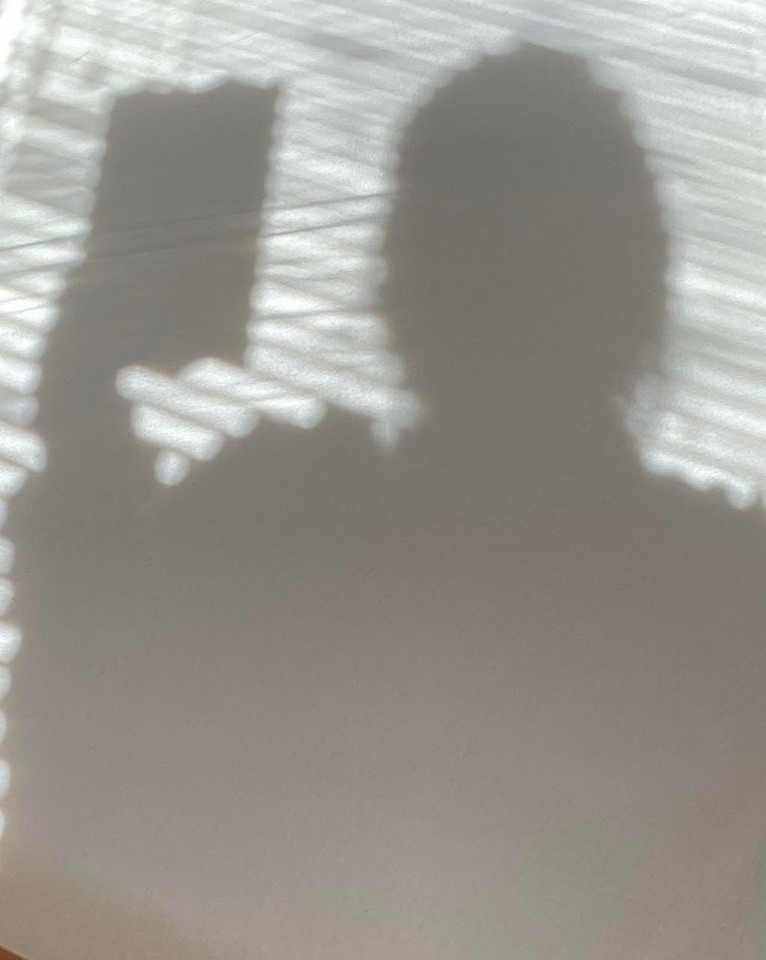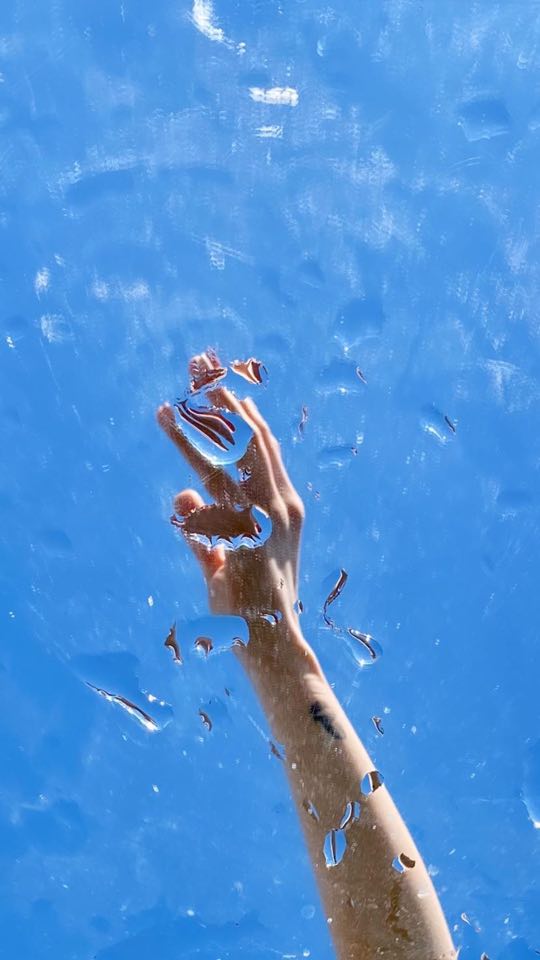1. Social organisation rules – constraining or nah?
Whether you are studying or doing a placement year, you surely found yourself complaining – and not rarely – about the annoying alarm going off in the morning, about the way too many hours spent away from home and not always in the pleasantest of manners, about the scarcity of time when it comes to activities that give you meaning. Oh, what a pity – you heard yourself saying – that we spend so much time studying, just to get a degree, just to secure a job, just to earn a living and pay the bills, just to get the world’s complex machinery running! Oh, how constraining these social organisation rules are! How much time of our own lives is being wasted, instead of spent taking delight in life’s most remarkable experiences!
And here we are, a few weeks into quarantine, missing the order and structure brought about by social organisation rules in our minds and lives. Missing the certainty of what needs to be done next. The transition time and the clear separation between two different environments (Home – Uni | Home – Work) and the respective distinct identities. The time spent away from those you share a home with during the day, just enough to feel their absence and rejoice when spending the evening together. The extra layer of satisfaction added by time’s scarcity to those activities you love.
Quarantine shows us that, when given complete freedom and plentiful time, we do a pretty bad job at managing, structuring and separating. We are lost, clueless and quite chaotic! And we become aware that a bit of help from the system we are all stuck in is more beneficial than we initially thought it to be.
2. Art’s healing power
Imagine this time of global pandemic without art! Take away Camus’s Plague, Márquez’s Love in time of cholera and Saramago’s Blindness. All the books waiting patiently on your shelf – gone! Munch’s Self-Portrait after the Spanish Flu and all the online museum tours – vanished! All the music that has ever pierced the tiny holes of microphones, headphones or speakers – removed! All the online theater plays and the great works of cinematography – all over and done with! Not a very exciting image, is it?
Art is proving, once again, how much good it brings about in the world. It makes it certain that our concerns, fears and anxieties are far from unique and abstruse, but rather time-transcending and universal. It covers us in a fluffy and warm emotional blanket and offers us the understanding that we yearn for right now. It reframes the way we experience, interpret and internalize our world at this global crossroads. It heals, soothes and attunes! And connects! And, although not as vital as frontline health service, art should probably leave the times of pandemic with a much higher prestige and more credit in modern societies.

3. Altruism is a thing!
Modern social science mainly has it that, if one has freedom of choice, one’s self-interest is the ultimate goal of one’s actions. Macaulay, a 19th-century historian, claimed that egoism is, in fact, the only certainty we have about human nature. Several other advocates of this theory – including Thomas Hobbes and Adam Smith – joined him in the confident belief that acting from purely altruistic motivations would mean rising above human nature. And, thus, impossible!
To Macaulay, Hobbes and Smith, 2020’s pandemic has some pretty contradicting news! The retired doctors who are risking their lives to battle COVID-19 – but having the choice not to –prove that altruism is a thing! That sometimes, some people, act purely out of interest in another’s welfare, even in situations when a cost is incurred. That egoism might not be deeply rooted in human nature or that humans have the ability to rise above the conditions of human nature. Not sure about you, but this thought certainly fills me with hope!

